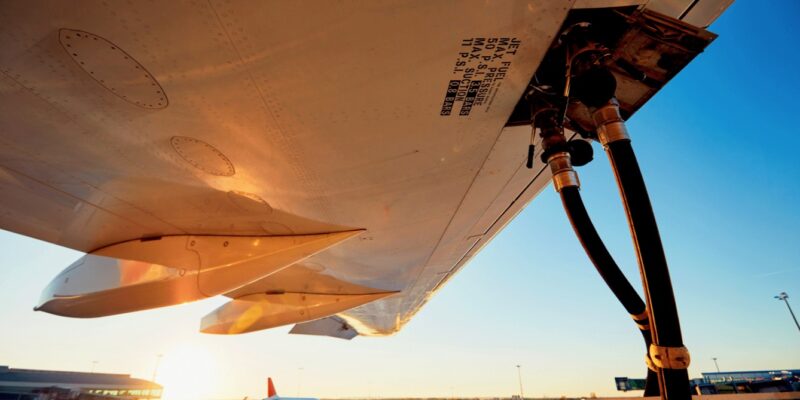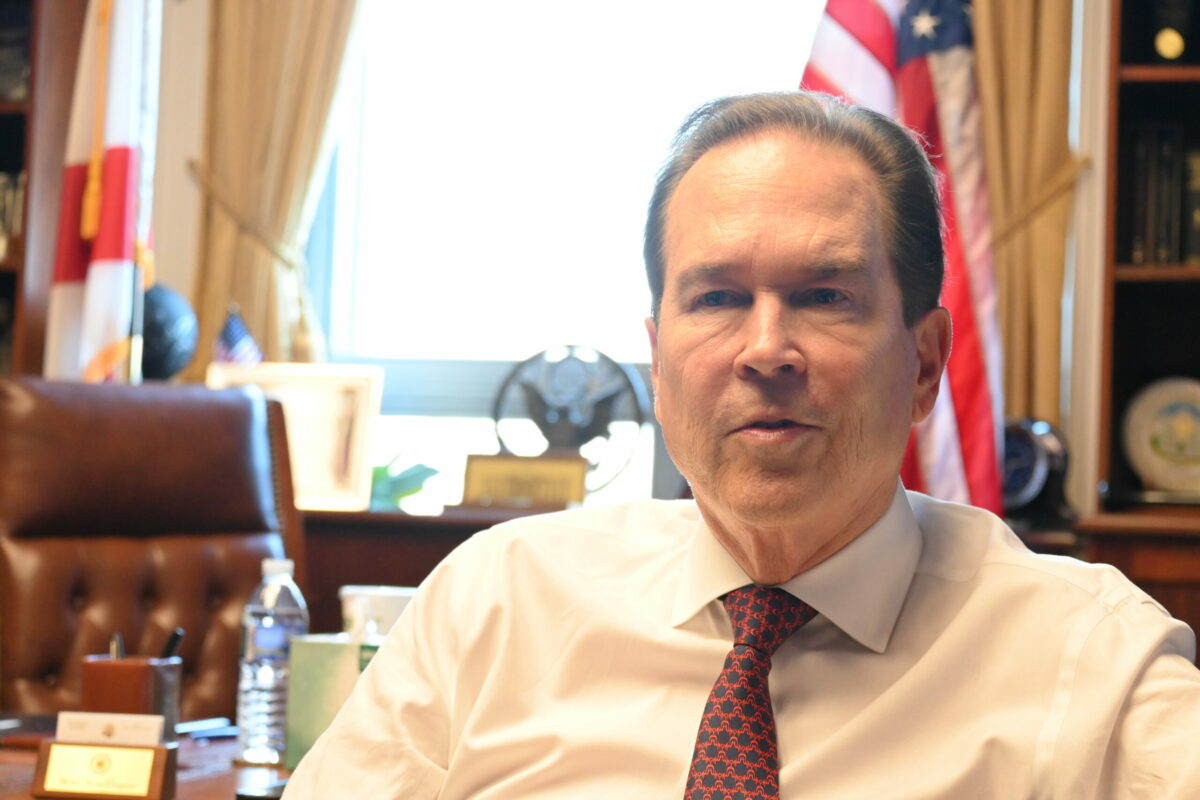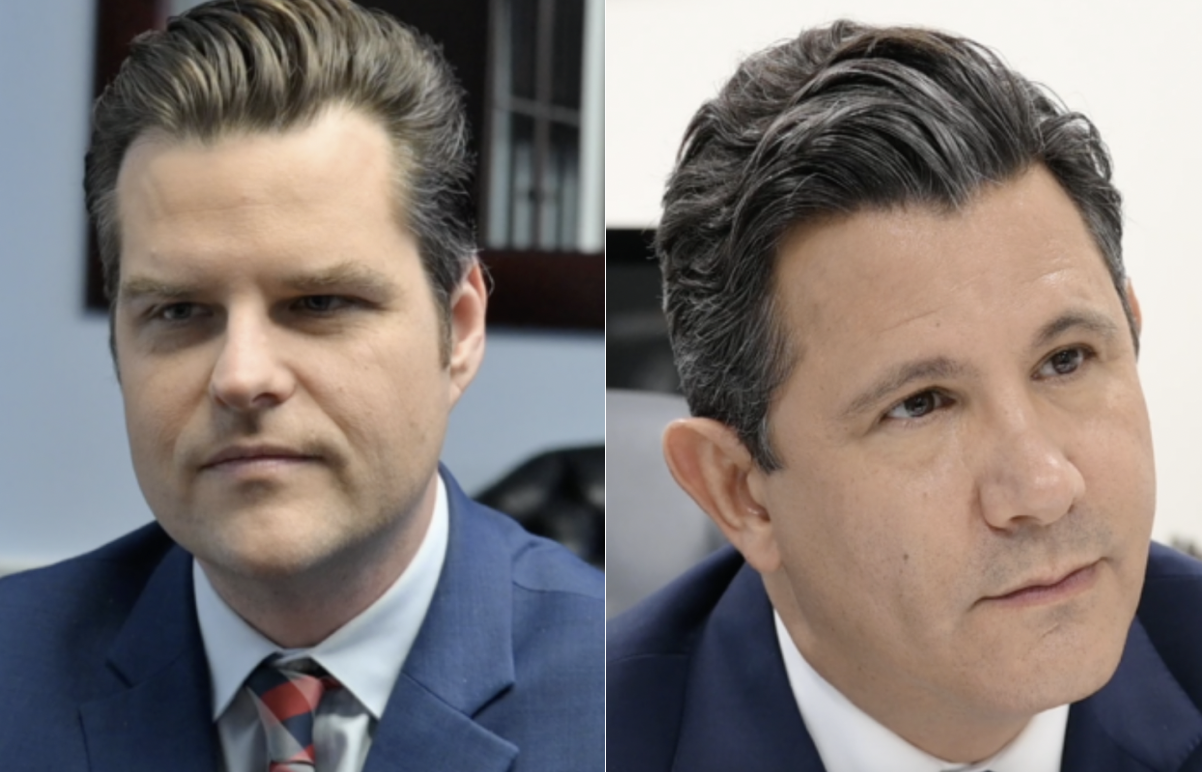The Florida House announced this week that it had passed legislation that would provide a controversial tax break for airlines, which has incited a conversation between proponents and critics.
The plan includes sales tax holidays that would benefit both school supplies and disaster preparedness products. However, it does include a controversial provision that gives airlines tax breaks on purchased fuel.
Aviation is an important aspect of Florida, considering that more than 176 million passengers from around the world visited the sunshine state through one of the state’s airports last year.
As a result, airlines argue the proposal is necessary because it encourages air carriers to provide Floridians with flight options.
However, airport officials staunchly opposed further reductions to the aviation fuel tax, arguing that it will only reduce funds available to airports for critical infrastructure improvements.
Proponents argue that Florida’s 129 public airports would benefit from revenue generated from the aviation fuel tax to fund improvements for both runways and terminals. In addition, they’re used to expand infrastructure, so they can also provide passengers with a broader range of options, enhancing critical security measures.
On the contrary, detractors argue that it would only inject a vast amount of money into the pockets of airlines, doing nothing for Florida, its 21 million residents or the 3+ million people who are constantly flying through the airports every week.
In pushing to reduce Florida’s aviation fuel tax, the airlines contend the state’s tax rate discourages them from flying into the state. Essentially, they’re saying they would fly here more if only Florida would tax them less to refuel their planes after they land here. But again, the thing to remember is that the passengers want to come to Florida, and the airlines are happy to bring them here. It’s unlikely that any more visitors would choose to fly here because of a lower aviation fuel tax. There’s also no guarantee that any savings would be passed along to consumers in the form of lower airfare rates.
The tax package has been directed to the Senate for consideration.










